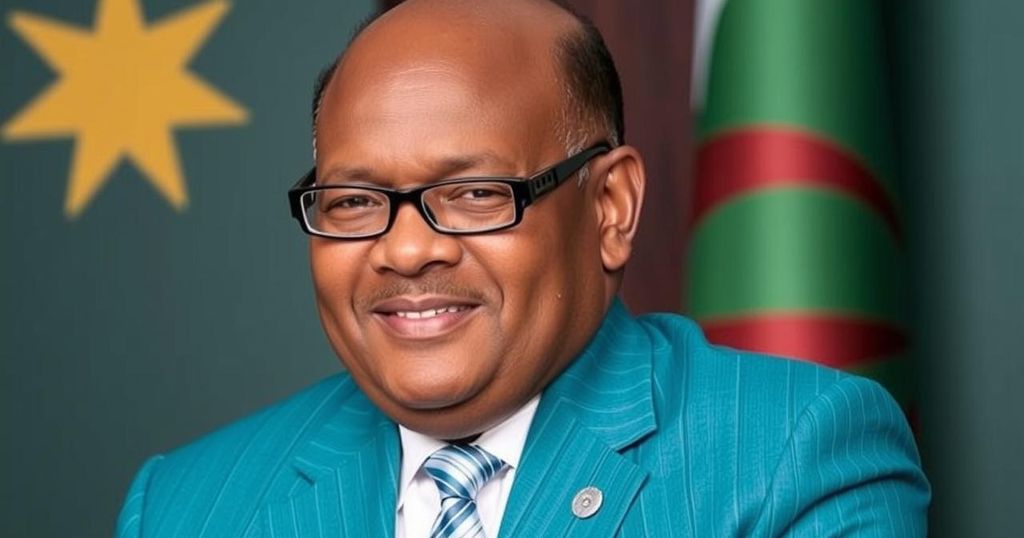Namibia Opposition Candidate Itula Denounces Election Results as Illegitimate

Namibia’s IPC has refused to recognize the results of the recent elections, citing numerous logistical problems and alleged electoral malpractice. Panduleni Itula, the IPC candidate, has called the process illegitimate while seeking legal remedies for voters affected by mismanagement. The ruling party, Swapo, faces plummeting popularity, raising questions about the political landscape in Namibia.
Namibia’s main opposition party, the Independent Patriots for Change (IPC), has declared it will not recognize the results of this week’s general election, alleging significant electoral misconduct. Panduleni Itula, the IPC’s presidential candidate, cited widespread logistical issues and extended voting times due to insufficient ballot papers and faulty equipment as factors that compromised the electoral process. Itula, aiming to unseat Netumbo Nandi-Ndaitwah of the ruling South West Africa People’s Organisation (Swapo), has expressed concerns over the legitimacy of the ongoing counting of votes.
Voting commenced on Wednesday and continued until Saturday, revealing that in the partial results, Nandi-Ndaitwah currently leads with 48% of the votes against Itula’s 30%. A candidate must secure more than 50% to triumph in the first round; if not, a second round will ensue. This election is critical as it coincides with a decline in Swapo’s popularity, which has ruled Namibia since its independence in 1990. Itula affirmed, “We shall not, under any circumstances, recognise the outcome of the 2024 election,” while advocating for calm and stating that the IPC intends to seek legal redress for perceived electoral injustices. The IPC is encouraging voters who were unable to cast their ballots because of mismanagement to file police reports to document their grievances.
As the results from only 10 of the 121 constituencies are released, the IPC’s vocal rejection of the election’s legitimacy underscores the rising tensions in Namibian politics, reflective of broader challenges faced by ruling parties across Southern Africa.
Namibia has faced electoral challenges for over three decades as Swapo, the dominant party, seeks to maintain power amidst declining support. The election process is critical not only for the leadership of the nation but also for the integrity of its democratic institutions. In past elections, Swapo’s vote share has diminished, hinting at a potential political shift. The IPC’s refusal to accept election results amid alleged malpractices indicates a rising sentiment for reform and accountability in Namibia’s electoral process, mirroring trends seen in neighboring countries in the region, such as South Africa and Botswana.
In summary, Namibia’s latest elections have been marred by serious allegations of misconduct, prompting the opposition IPC to reject the results outright. The ongoing situation highlights the tensions surrounding electoral legitimacy in a country where ruling parties are facing increasing scrutiny and potential change. As votes are counted and the political landscape evolves, the IPC’s actions may encourage broader discussions about electoral reforms and democratic integrity in Namibia.
Original Source: www.bbc.co.uk







